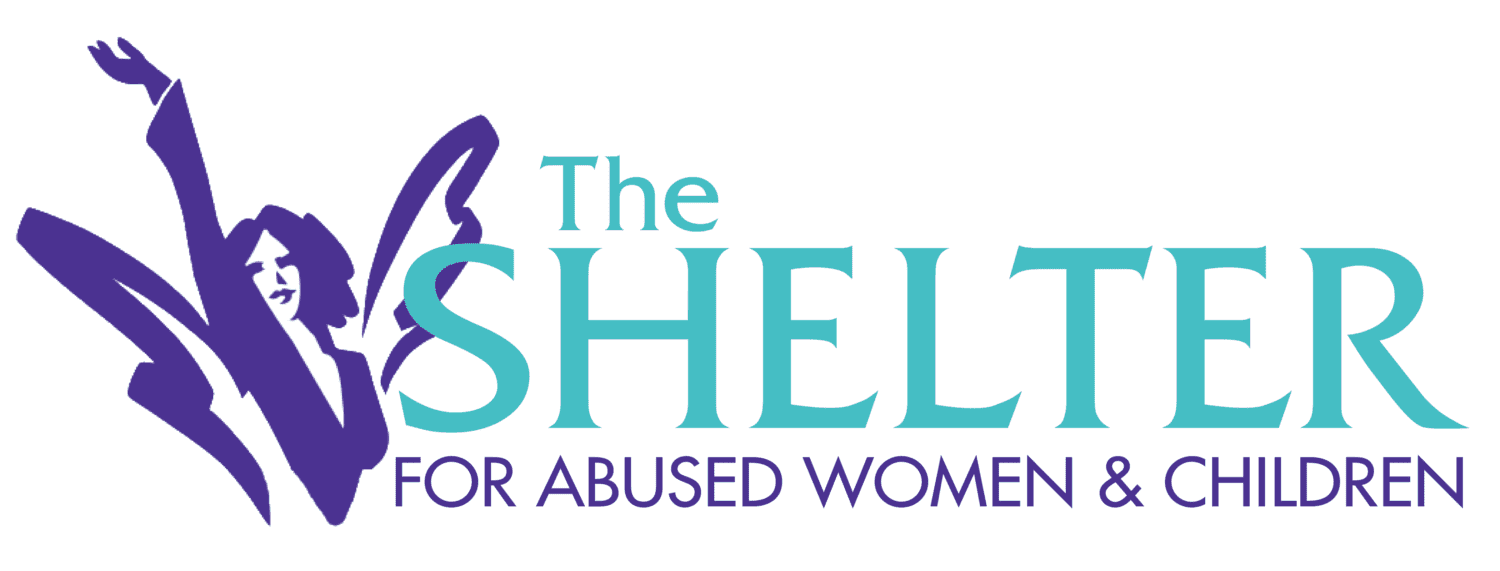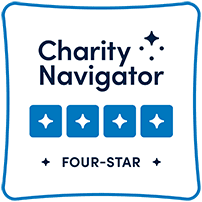Awareness saves lives during National Human Trafficking Awareness Month

VIEW PRINT ARTICLE IN FLORIDA WEEKLY
By CEO Linda Oberhaus
At 15, Theresa Flores was an All-American girl in an upper-middle class family, when she accepted a ride home from a popular boy at school. Instead of taking her home, he took her to his house and invited her inside for a soda. The soda contained a rape drug and that is exactly what the boy did to her. The next day, he blackmailed her with photos of the encounter, stating she would have to “work” the pictures off or they would be posted publicly. Terrified that her family, school and church communities would see the photos, Theresa did whatever she was told to do.
What followed was two years of heinous sexual exploitation. At least three times a week, she was taken from her home or school to basements and hotel rooms where she was forced to have sex with hundreds of boys and men, all the while keeping the secret from her family. To ensure she wouldn’t tell, her traffickers killed her dog and threatened to harm her little brothers. It wasn’t until her father was transferred to a job in another city that she was free of her traffickers and began the long silent journey toward healing.
Human trafficking can and does happen to anyone. During January’s Human Trafficking Awareness Month, The Shelter for Abused Women & Children urges all parents to talk with your children about human trafficking the same way you would talk to them about drugs and sex. Otherwise, they may not see it and, like Theresa, fall victim to it, thinking that human trafficking only happens in Hollywood-style kidnappings.
Because these talks can be challenging, many parents avoid them. Research shows that children who’ve talked about sexuality with their parents are less likely to have unsafe sex. Talking to your children about body safety, boundaries, healthy relationships, and human trafficking will help them protect themselves and others.
These talks should not scare your children, but empower, educate, and prepare them to avoid the ploys used by traffickers including false promises, fake job offers, and fake relationships. The following bullet points are personal safety tips you can use with your children.
- Create an open channel of communication that continues as your child grows. Let them know that they can talk to you about anything, even if it’s difficult. Teach them to not keep secrets from you.
- Teach your child about the human body, consent, and respect. Help them understand that sexual abuse is never a child’s fault.
- Teach your child to trust their instincts. If something feels wrong or seems too good to be true, it probably is. Make a secret signal (code word, code text message, hand signal, etc.) they can use to tell you they’re in danger.
- Explain to your teens that most victims of trafficking are not kidnapped by strangers, but exploited while they live at home and maintain contact with family and friends. Traffickers are skilled at tricking and controlling victims through lies, fake affection, threats, and violence, and forcing adults and children to perform sex acts against their will.
- Sex traffickers target teenagers from all backgrounds and neighborhoods. Other teenagers can also bring their peers into the sex industry. Make sure you know your teen’s friends, boyfriends, and girlfriends. Know your child’s internet, texting, and phone history.
These are just a few of the ways you can help safeguard your child from falling prey to trafficking and abuse. For more information, go to naplesshelter.org/trafficking. If you or someone you know is impacted by human trafficking or domestic violence, call our 24-hour helpline 239-775-1101.





